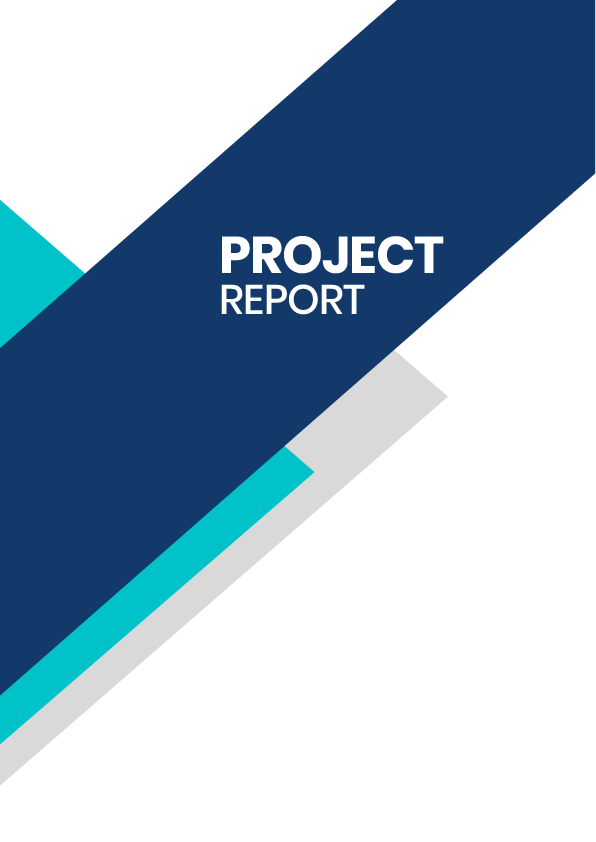Related Keywords
- Moisturizing Cream
- Skin Brightening Cream
- Anti-Aging Cream
- Hydrating Face Balm
- फेस क्रीम
- त्वचा नमी क्रीम
Market Analysis and Business Potential of Face Cream
- Global and local market trends for face cream products: The face cream market grows fast around the world because people care more about their skin. In India, it will reach INR 20,000 crore by 2028. More people in cities and higher incomes push this growth. Buyers want creams that hydrate, fight aging, or protect from pollution. Indian brands use natural stuff like herbs, while foreign brands sell costly creams. Online shopping makes it easy to buy them.
- Target audience segmentation (age groups, skin types, premium vs. affordable products): Young people aged 18–30 buy cheap creams under INR 500 to fix pimples or oily skin. Women aged 30–50 spend INR 1,000–3,000 on creams to stop wrinkles or keep skin soft. Men now buy creams too, picking light ones for oily skin. People with dry or sensitive skin want creams without chemicals. Villages like cheaper products, but cities go for expensive ones.
- Competitive landscape (analyzing existing brands and identifying gaps): Brands like Himalaya, Lakmé, and Pond’s sell creams under INR 700 for most people. Fancy brands like Forest Essentials and L’Oréal charge over INR 2,000 for rich buyers. Not many brands make creams between INR 700–1,500 with natural and smart ingredients. Few focus on men’s skin or use green packaging. New businesses can fill these empty spots.
- Pricing strategy and profitability potential for entrepreneurs: New sellers can price creams at INR 300–800 to attract lots of buyers and earn 30–40% profit after spending INR 100–300 to make each one. Expensive creams at INR 1,500–3,000 bring 50% profit for city customers. Making lots at once lowers costs, and selling online saves money. High demand means big earnings.
Product Development and Manufacturing of Face Cream
- Essential ingredients (natural vs. synthetic formulations): Manufacturers use natural ingredients like aloe vera, turmeric, and shea butter to attract buyers who want safe, gentle creams. These cost INR 200–500 per kilogram and suit sensitive skin. Synthetic ingredients like hyaluronic acid and retinol improve anti-aging effects and cost INR 1,000–2,000 per kilogram. Brands mix both to balance price and results. Customers prefer natural options, but synthetic ones work faster for specific needs.
- Step-by-step manufacturing process (R&D, testing, production, packaging): Teams research new formulas in labs, spending INR 50,000–1,00,000 to create effective creams. They test samples on skin types for safety and results, taking 2–3 months. Factories produce large batches using machines, mixing ingredients at exact temperatures. Workers package creams in jars or tubes, costing INR 5–20 per unit, and label them with details. Each step ensures the product works well.
- Quality control and safety regulations (FDA, GMP certification): Companies check every batch for purity and strength, rejecting faulty ones to keep customers safe. India’s FDA requires tests for harmful chemicals, costing INR 10,000 per approval. Good Manufacturing Practices (GMP) certification ensures clean factories and proper methods, with fees of INR 50,000 yearly. Following these rules builds trust and avoids legal trouble.
- Sourcing raw materials and working with reliable suppliers: Businesses buy ingredients from trusted suppliers in India, paying INR 50–300 per kilogram for herbs and INR 800–1,500 for chemicals. They sign contracts with suppliers who deliver on time and meet quality standards. Regular checks on raw materials prevent delays or bad products. Strong supplier ties cut costs and ensure steady production.
Best Project Report for Face Cream Business – Get Bank-Ready in Minutes!

Need expert service?
Please send a WhatsApp message to us, and our team of experts will guide you in creating a project report for bank loan.
Create Your own project report in less than 10 mins.
- Unlimited edits
- Unlimited downloads
- Up to 10 years of projections
- 20+ pages

Frequently asked questions
Everything you need to know about the product and billing.
Finline is an online tool for creating a project report for bank loan online and see the report for free online. You only need to pay for downloading the report.
Can I change my plan later?
Yes , ofcourse you can upgrade from a lite plan to a pro at anytime.
Can I edit the report after download ? is it chargeable?
You can do unlimited edits even after download without any extra payment.
What is the ‘lite’ and ‘pro’ plan ? Is it subscription based plans?
Lite and Pro are just individual report download plans , not subscription plans.
Do I require a CA seal & Stamp for getting a loan?
Not at all, project report is a business plan about your business and it should be prepared by an entrepreneur . Nobody can predict and certify a business which is going to happen in the future.
Can I get any assistance from your team?
Yes of course, you can go to the help section in all pages were you can find chat button for seeking support.
Can I get a project report format for bank loan through Finline?
Yes! Finline provides a ready-to-use project report format for bank loan. You can create it online, see it for free, and download it instantly for your loan application. This makes your project report format for loan easy to complete in just a few steps.
Do you provide a project report format for bank loan in excel?
Yes. Finline offers a project report format for bank loan in excel that is easy to edit and customize. You can also download a project report format for loan in excel if you prefer working offline.